Protein is one of the most discussed topics in the fitness world, yet confusion around how much we need persists. From gym enthusiasts to weekend warriors, everyone wants to get the balance right—but how do you determine your ideal protein intake? Let’s dive into the science and practical insights to answer this question.
Why Protein is Essential for Fitness and Muscle Gain
Protein is the foundation of muscle repair and growth. Every time you exercise, especially during resistance training, your muscle fibers undergo tiny tears. Protein provides the amino acids your body needs to repair these tears, making your muscles stronger and more resilient.
But protein does more than just build muscles—it supports your immune system, boosts recovery, and helps manage hunger, making it essential for overall fitness.
How Much Protein Do You Need?
Your protein requirements depend on several factors, including activity levels, body weight, and fitness goals. Here's a simplified guide:
-
For Sedentary Individuals
About 0.8g of protein per kilogram of body weight per day. For example, a 60 kg person requires around 48g of protein. -
For Active Individuals or Recreational Exercisers
About 0.8–1g of protein per kilogram of body weight. A 70 kg individual would need approximately 56–70g of protein daily to support recovery and muscle maintenance. -
For Muscle Gain and Intense Training
Those engaging in intense strength training may require 1.2–2g of protein per kilogram of body weight. For instance, a 75 kg athlete might need anywhere between 90–150g daily to support muscle synthesis and recovery.
Breaking the Myth of Protein Overload
Contrary to popular belief, consuming excessive amounts of protein doesn’t equate to more muscle growth. Research shows that beyond a certain threshold (around 1.6–2g per kg for athletes), the benefits plateau. Excess protein is either stored as fat, used as energy, or excreted.
The key is consistency and distribution—spreading your protein intake evenly throughout the day ensures a steady supply of amino acids for muscle repair.
Optimizing Protein Intake for Fitness Goals
-
Distribute Your Protein Throughout the Day
Instead of consuming large amounts of protein in one meal, aim for 20–30g per meal. This optimizes muscle protein synthesis and keeps your body fueled. -
Focus on High-Quality Proteins
Not all proteins are equal. Choose complete protein sources that provide all essential amino acids, such as: -
Animal-Based: Eggs, chicken, fish, dairy, and lean meats
-
Plant-Based: Quinoa, soy, legumes, nuts, and seeds
-
Pair Protein with Carbs and Fats
Combining protein with carbohydrates and healthy fats enhances digestion, energy levels, and recovery. For instance, pairing dal with rice or adding almond butter to your post-workout smoothie ensures balanced nutrition.
Common Pitfalls in Meeting Protein Needs
-
Underestimating Requirements
Many fitness enthusiasts underestimate how much protein they need, particularly when following carb-heavy diets. Track your intake to ensure you’re hitting your target. -
Ignoring Meal Timing
Consuming protein-rich foods or supplements within 30 minutes to an hour post-workout can significantly enhance recovery and muscle repair. -
Over-Reliance on Supplements
Protein powders and bars are convenient but shouldn’t replace whole foods entirely. Prioritize natural sources and use supplements as a bridge to meet your daily intake.
Realistic Protein Goals for Indian Diets
Traditional Indian diets often fall short in protein due to their emphasis on carbohydrates. However, small adjustments can make a big difference:
-
Add lentils (dal), chickpeas (chana), and kidney beans (rajma) to your meals.
-
Replace refined grains with protein-rich options like quinoa, millet, or oats.
-
Include dairy products like paneer, curd, and milk, especially for vegetarians.
-
For non-vegetarians, eggs and chicken can provide high-quality protein.
Do You Need Protein Supplements?
Supplements can be a practical choice, especially for those with higher protein requirements. Whether you choose whey for fast absorption or plant-based options for lactose-free diets, focus on products that are:
-
Free from Contaminants: Choose certified, third-party-tested supplements to avoid harmful additives.
-
Nutrient-Dense: Look for options with minimal fillers and added sugars.
-
Easy to Digest: Hydrolyzed whey or blended plant proteins are gentler on the stomach.
Protein is a cornerstone of fitness and muscle gain, but it’s not about consuming as much as possible. Focus on understanding your body’s unique needs, choosing high-quality sources, and maintaining a balanced diet.
Whether you’re a beginner or an experienced athlete, meeting your protein goals consistently will help you recover faster, build lean muscle, and stay energized. So, the next time you plan your meals or shake up a protein drink, remember—every gram counts!













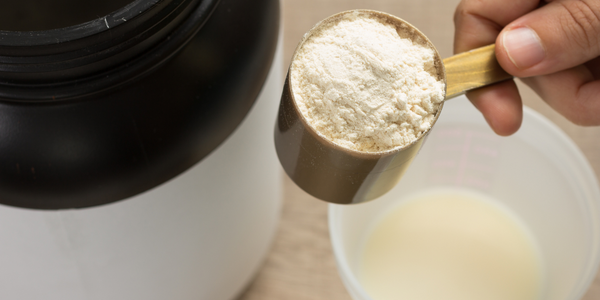

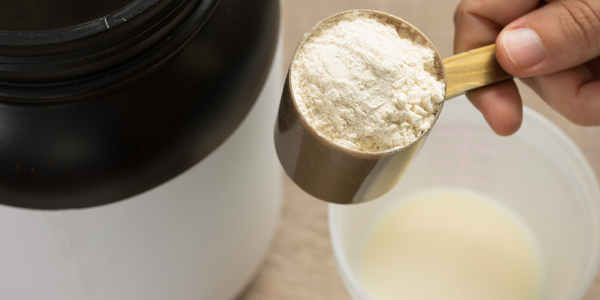
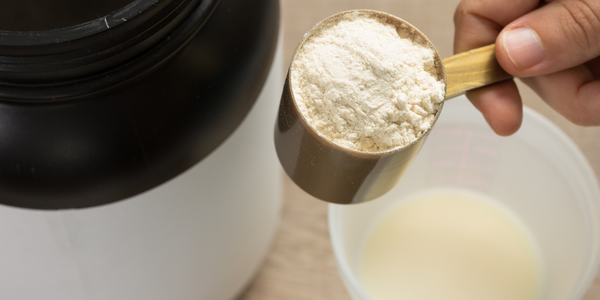

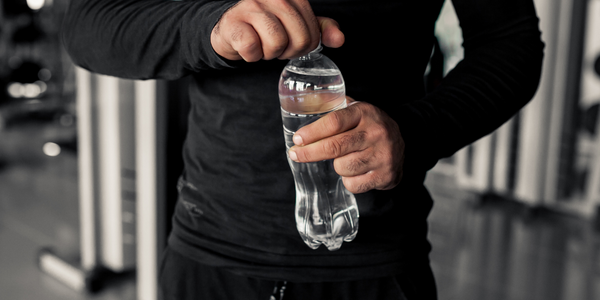

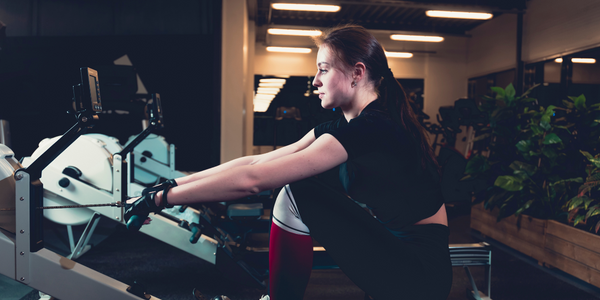






 DOWNLOAD NOW
DOWNLOAD NOW
